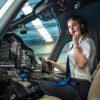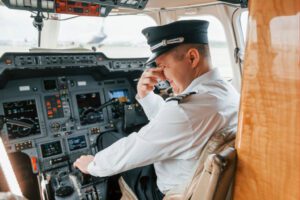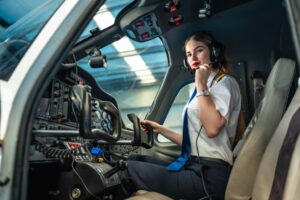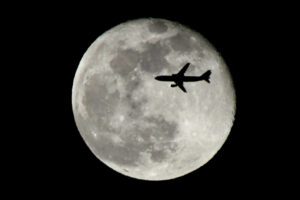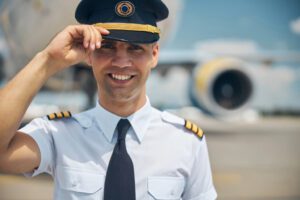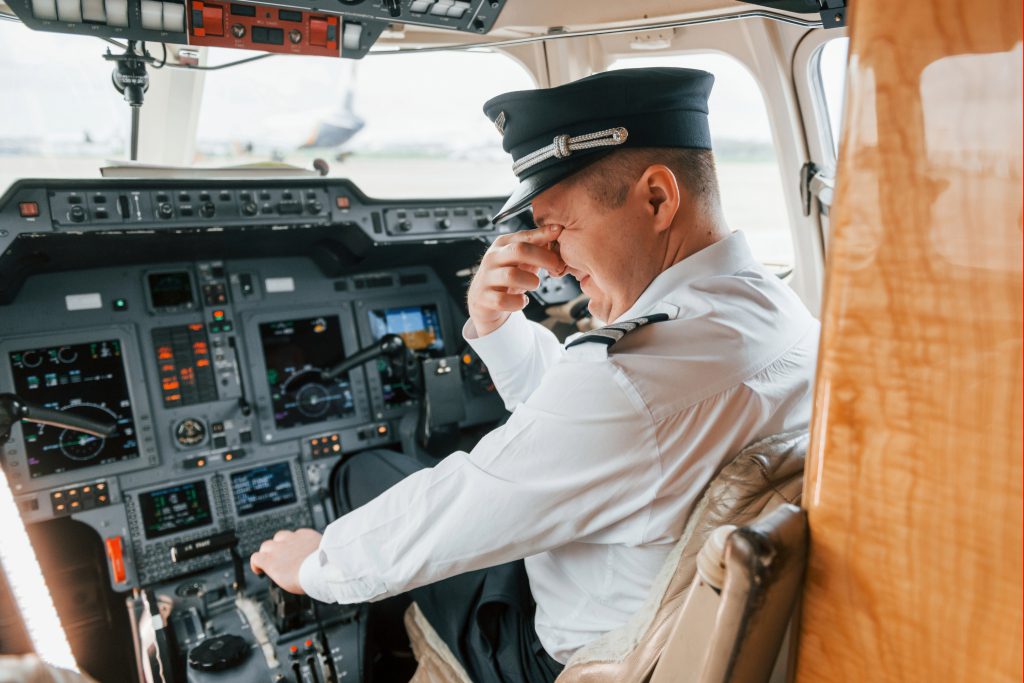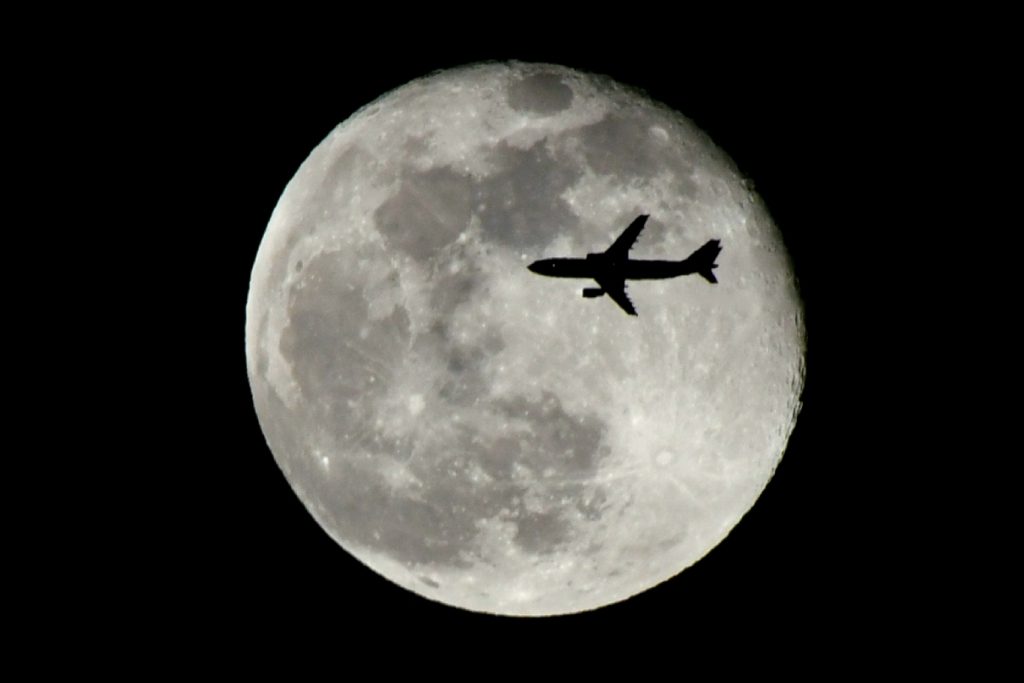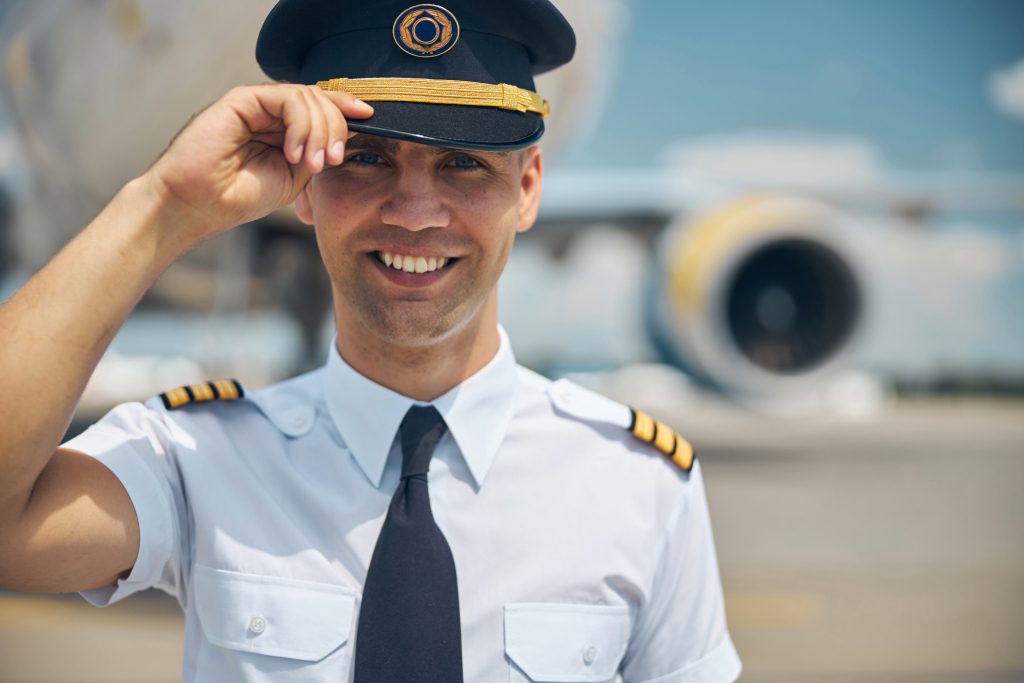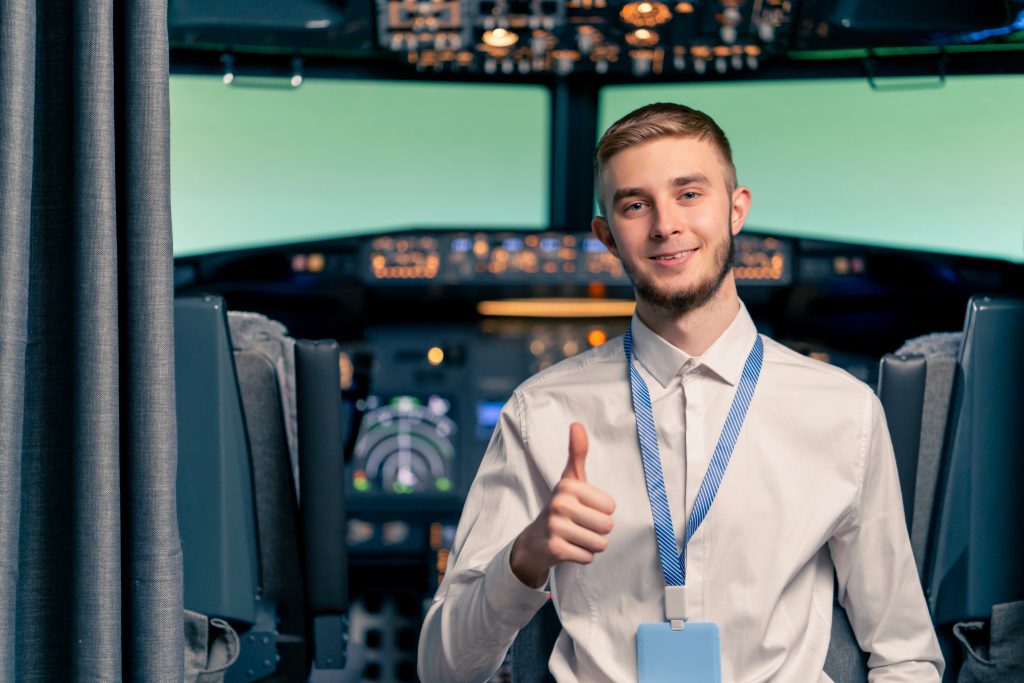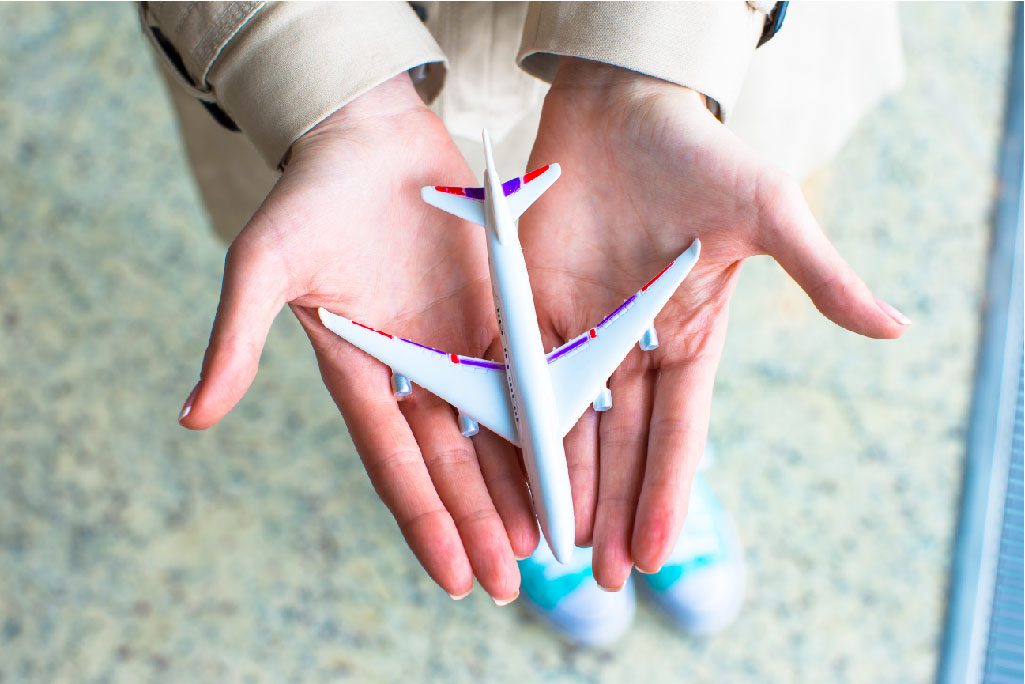Learning to fly a plane is the most gratifying and challenging achievement a person will undertake. For some, the psychological factors that come with flying can be as challenging. Fear of the unknown, anxiety, and a lack of self-belief are common in the beginner stages and even seasoned pilots sometimes experience anxiety in challenging setups.
The best part is that with the right coping mechanisms and strategies, anyone can build confidence in the cockpit.
Why Fear Happens in Flight Training
The flying training curriculum incorporates a sequential combination of progressive, scheduled, and unscheduled lessons. Each lesson is anchored with a specific training goal that is achieved with active guidance.
Flying, especially for beginners, takes a toll on the person’s body and can be very exhausting. Trying to be in the right mental space while dealing with adrenaline is no easy task, especially with the academia surrounded with procedures and protocols, which is already overwhelming.
The best words of wisdom as a beginner to become as adept as possible as flying is to identify the stresses and tackle the flight with a calm and level-headed mindset.
Building Confidence Through Training
Have Faith in the Process: Every element of flight training, every step of the way, is meticulously organized. An instructor will slowly introduce new skills to ensure that you never fly beyond the skills you have mastered. The fact that safety is the first priority will reduce a lot of the anxiety you have.
Commitment to Repetition: Now muscle memory becomes so crucial. The more you practice landing, steering, or even performing routine navigation, the greater your ability to remain calm in moments of high-pressure. With practice that is appropriate to the circumstances, you will master the ability to remain calm.
Important Procedures and their Value: Every single pilot has a mental checklist of basic or standard operating procedures (SOPs), and every one of them has a checklist. The checklists and SOPs serve a greater purpose, and that is to help lessen the risks of making a blunder under immense stress. There are many pilots who never skip checklist discipline, and they have better control than others.
Always Rehearse Mentally: Even before you enter a cockpit, visualizing your flight step by step can cut down on a lot of anxiety. Airline captains, for example, prepare for all sorts of emergencies using mental rehearsal, and so can student pilots.
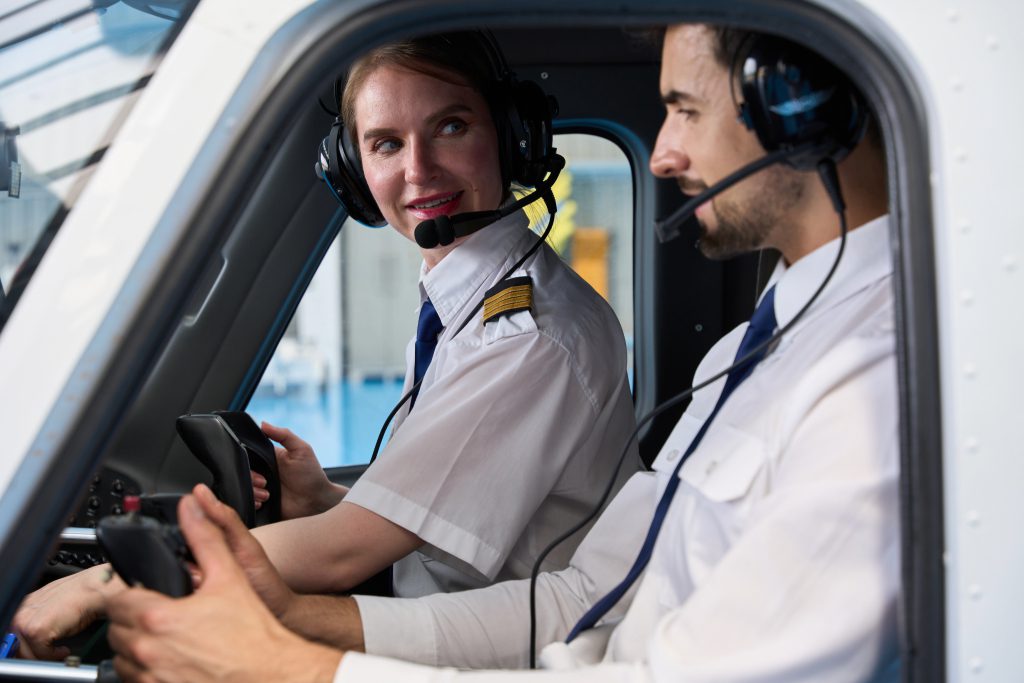
Managing Anxiety in the Cockpit
Breathing Techniques: With confident and fierce control over your breath, your adrenaline can also be lowered. This is extremely useful in moments of turbulence or more challenging landings.
Decompose the Flight: Instead of focusing on a long cross country, you can simply concentrate on the smaller tasks at hand. With the use of smaller, manageable tasks like turning on the engine, taxying, and the take-off roll, the greater the flight feels.
Talk to Your Instructor: Instructors fulfill the role of a teacher, trainer, and even a mentor. Sharing your concerns with them assures that the instruction can be tailored to provided.
Celebrate Small Wins: Confidence builds acknowledgment of progress. Every successful radio call, landing, or navigation exercise is a milestone deserving recognition.
Long Term Psychological Skills for Airline Pilots
Psychology skills are as important to professional pilots as technical skills.
Stress Management: The nature of the job entails long, irregular hours along with tremendous pressure. Pilots with strong stress management skills developed from training, tend to have more successful careers.
Resilience: Overcoming challenges such as a tough flight or a difficult examination provides a strong mental foundation to tackle challenges later down the line.
Crew Resource Management (CRM): Communication, team work, and decision making are fundamental to the psychology of a flight, thus along with better crew coordination developed early, strong mental support too.
Final Thoughts
Fear is a common response to many situations, especially flying, but mastering mental exercises allows a person to train themselves to be comfortable in the air. With consistent practice, mental privacy, and proper training, it is possible to turn fear into an unmatched soldier.
For pilots, mastering the psychology of flying is significantly more important as compared to learning aerodynamics or navigation. It is this self-belief, paired with extensive training, that allows the sky to be a physic form of freedom rather than fear.



